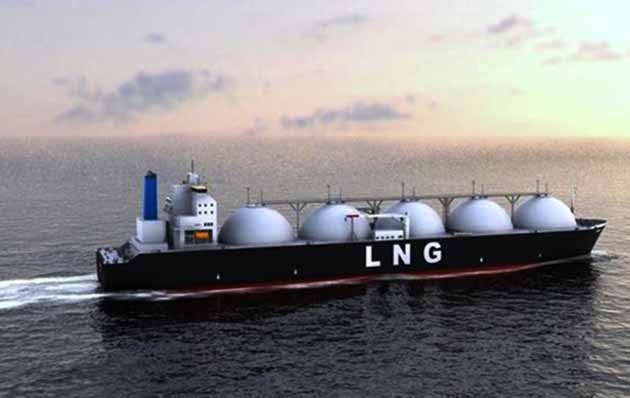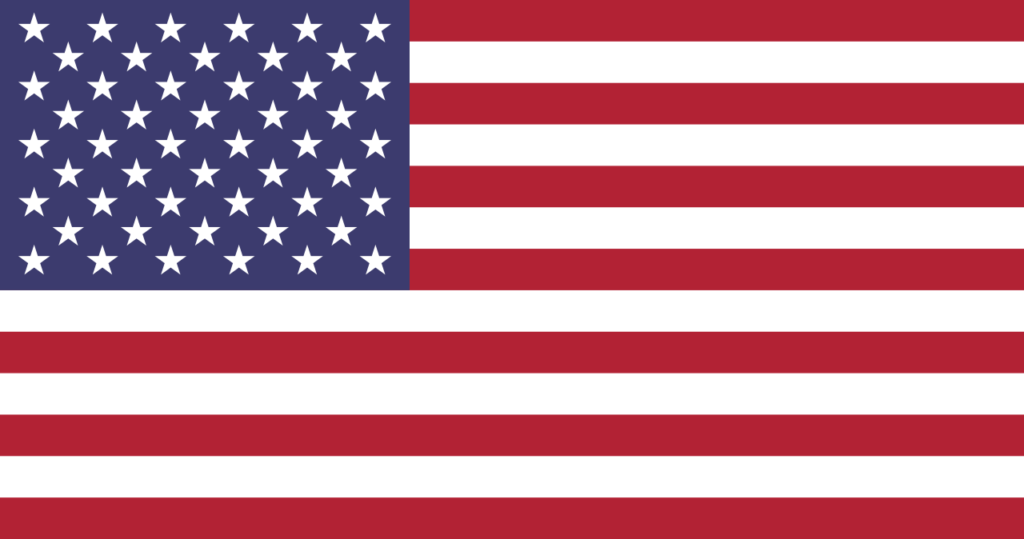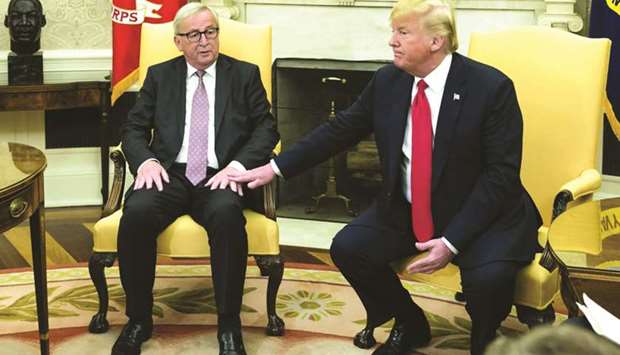Time for Europe to redefine its interests
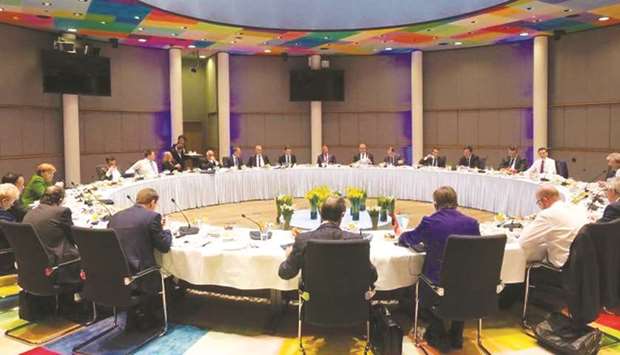
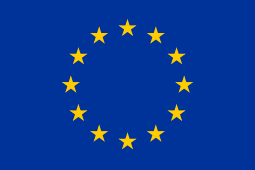
By Mark Leonard/Berlin
Donald Trump is the first US president to think that the US-led world order is undermining US interests.
Though the current order obviously benefits the United States, Trump is convinced that it benefits China even more.
Fearing China’s ascendance as another pole of global power, Trump has launched a project of creative destruction to destroy the old order and establish a new one that is more favourable for the US.
Trump wants to pursue this objective by engaging with countries bilaterally, thereby always negotiating from a position of strength.
He has shown particular disdain for traditional US allies, whom he accuses of free riding, while also standing in the way of his demolition derby.
Likewise, Trump cannot stand multilateral organisations that strengthen smaller and weaker countries vis-à-vis the US.
Given his “America First” strategy, Trump has spent his presidency undermining institutions such as the World Trade Organisation, and abandoning multilateral agreements such as the Trans-Pacific Partnership (TPP), the Iran nuclear deal, and the Paris climate accord.
And because Trump has been able to pick new fights so fast, other countries have struggled to keep up, let alone form effective alliances against him.
In recent weeks, Trump has set his sights squarely on the European Union.
As Ivan Krastev of the Institute for Human Sciences recently observed, the EU now faces the possibility of becoming “the guardian of a status quo that has ceased to exist.” As a committed Atlanticist and multilateralist, it pains me to admit that he is right.
The time has come for Europe to redefine its interests, and to develop a new strategy for defending them.
First and foremost, Europeans will have to start thinking for themselves, rather than deferring to the US foreign-policy establishment.
The EU clearly has an interest in preserving the rules-based order that Trump hopes to tear down, and its interests with respect to the Middle East – particularly Turkey – and even Russia have increasingly diverged from those of the US.
Europeans should of course try to work with the US whenever possible; but not if it means subordinating their own interests.
Europeans must also start investing in military and economic autonomy – not to break away from the US, but to hedge against America’s abandonment of its commitments.
Fortunately, there is already a healthy debate in European capitals about increasing national defence spending to 2% of GDP; and both the EU Permanent Structured Co-operation framework (PESCO) and French President Emmanuel Macron’s new European Intervention Initiative (EI2) represent steps in the right direction.
The question now is whether France’s Force de Frappe (military and nuclear strike force) can be extended to provide a credible deterrent for the rest of the EU.
On the economic front, Europe is facing a dilemma as it weighs its values against its business interests.
Former Belgian foreign minister Mark Eyskens once described Europe as “an economic giant, a political dwarf, and a military worm.” But Europe is now in danger of becoming an economic dwarf, too.
The fact that the US can threaten secondary sanctions on European companies for doing business with Iran is deeply worrying.
Though the EU is standing up for international law, it remains captive to the tyranny of the dollar system.
Looking ahead, the EU needs to gain more leverage for dealing with other great powers such as China and the US.
If Trump wants to make the transatlantic relationship more transactional, then the EU needs to be ready to trade across different policy areas to make deals.
Consider the US Department of Defence’s recent request that the United Kingdom send more troops in Afghanistan.
If the EU were taking a muscular approach, it would deny any reinforcements until the US drops its threats of secondary sanctions on European companies.
Moreover, Europe needs to develop a strategy for political outreach to others.
The G7 is supposed to be the cockpit of the West, but at its recent summit in Quebec, it seemed to be short-circuiting.
So shocking was Trump’s behaviour that some senior European officials now wonder if US allies should form an independent middle-power alliance, lest they be crushed between the rocks of a rising China and a declining America.
In an increasingly deal-based world, a new G6 might offer a defence of the rules-based system.
Still, one wonders if the EU is capable of putting up a united front.
With the bloc splintering into distinct political tribes, it is becoming easier for other powers to pursue a divide-and-conquer strategy.
This has long been Russia’s strategy, and it is now being adopted by China and the US, too.
For example, in 2016, southern and eastern EU member-states that rely on Chinese investment managed to water down a joint EU statement on China’s territorial encroachments in the South China Sea.
Similarly, Trump routinely reaches out to eastern and southern EU member-states in order to sow divisions within the bloc.
For example, US Department of State officials reportedly made it clear to Romania that the US would not press it on rule-of-law violations if it breaks ranks with the EU and moves its embassy in Israel to Jerusalem.
With US-EU relations already fraught, the Trump administration will be all the more tempted to engage in such tactics.
It is unclear how the EU should respond.
It could impose heavier costs on countries that break ranks on foreign policy, or it could invest more in security so that even countries on the periphery feel as though they have something to lose by undermining EU cohesion.
Alternatively, the EU itself could strike a deal with member states, whereby it would go easy on internal political matters in exchange for foreign-policy co-operation.
Whatever is decided, the EU urgently needs to chart a new course.
Rather than being perpetually surprised and outraged by Trump’s affronts, Europeans must develop their own foreign policy with which to confront his behaviour. – Project Syndicate
* Mark Leonard is Director of the European Council on Foreign Relations.

